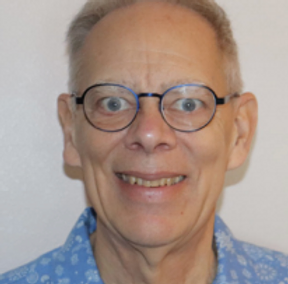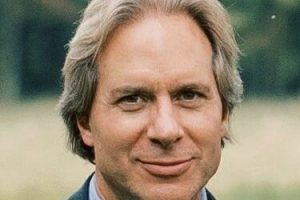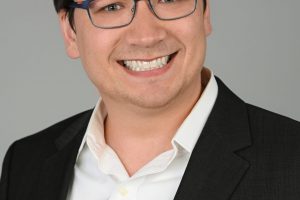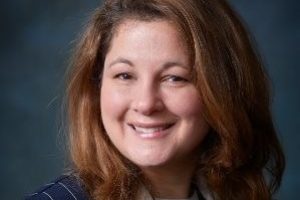
WHAT LED YOU TO BECOME AN ACTUARY? AND WHAT ATTRACTED YOU TO THE PROFESSION?
I graduated C.W. Post College in 1974 with a degree in mathematics. I was going to go for a teacher certificate when I saw an ad in The New York Times for an actuarial assistant at George B. Buck Consulting Actuaries. I called the agent, secured an interview, and at the interview was given a simple mathematics test. That led me to a career as an actuary and administrator that has spanned 47 years and counting.
DESCRIBE A PROFESSIONALISM-RELATED CHALLENGE THAT YOU HAVE FACED IN YOUR CAREER. HOW DID YOU HANDLE IT?
I was not a fast-track actuarial exam taker like many of my colleagues, and with the first two exams under my belt, I stalled. Then in the mid-’80s I started to take the Enrolled Actuary exams and after a few tries passed both of them and became an Enrolled Actuary. At Buck Consultants they would only promote ASAs and FSAs for many years. After many years of hard and successful work we convinced our management to explore alternate career paths. They did that and we became what was known as senior actuarial manager which was equivalent to the assistant consulting actuary level—which was a huge accomplishment.
WHAT ADVICE DO YOU WISH YOU WERE GIVEN WHEN YOU WERE AT THE BEGINNING OF YOUR CAREER?
To be a successful actuary today (as it was in my day), you have to have the right combination of book knowledge and business sense. Today you also need technical knowledge to use the electronic tools of today and to really succeed you have to find the cutting edge of the next-generation automation process, either being on the ground building or recognizing the best investment.
TELL US ABOUT A TIME WHERE YOUR ACTUARIAL EXPERTISE INFLUENCED AN IMPORTANT DECISION IN YOUR WORKPLACE.
In the mid-’80s, we were doing termination re-establishments. We had to assemble data, submit to insurance companies, and review bids and recommend to the client. I developed a common form for assembling the data that was widely used by the organization.
WHAT IS ONE OF THE BIGGEST LESSONS YOU’VE LEARNED IN YOUR CAREER?
To be flexible, committed, and honorable. These qualities will carry you far.
WOULD YOU LIKE TO SHARE ANYTHING ELSE WITH ASPIRING OR NEW ACTUARIES, OR THOSE INTERESTED IN VOLUNTEERING FOR THE ACADEMY?
Do the best job you can do always, and be friendly and helpful to others—it might take a long time, but the good work is recognized and you will go far.
SHARE A LITTLE ABOUT YOURSELF. WHAT ARE SOME OF YOUR HOBBIES OR OTHER PERSONAL INTERESTS?
In my early 60s, I started running; last year I ran my first half marathon on a virtual basis and this fall I ran a live half marathon, I run a local support group for depression and bipolar disorder. I love to bake, and I bake cookies every week for the group, I also love to garden and travel. During the pandemic I did grocery shopping for elderly people in the community that could not get to the food market because the town bus had been discontinued and I started to deliver cookies to them and people in the neighborhood, a good way to get to know them.




